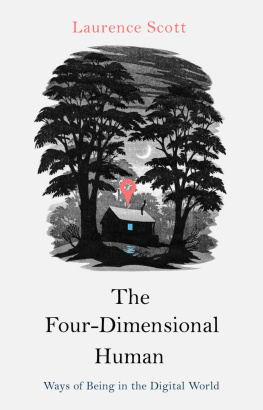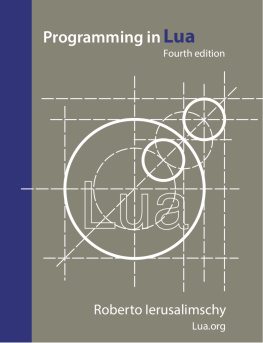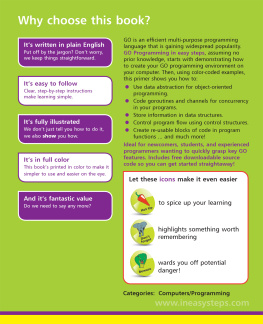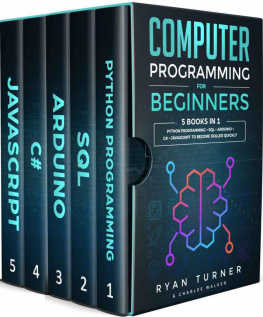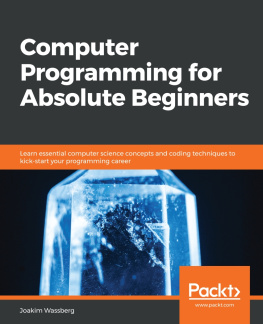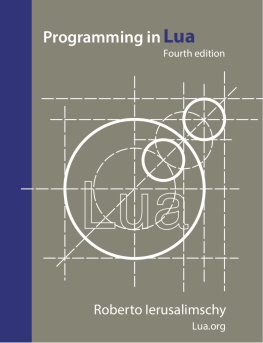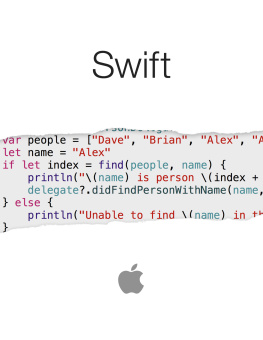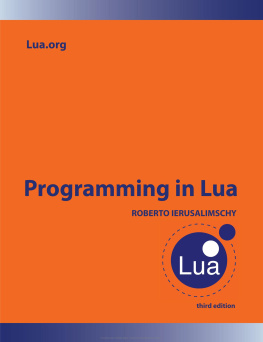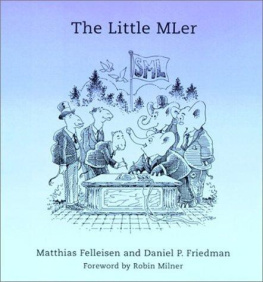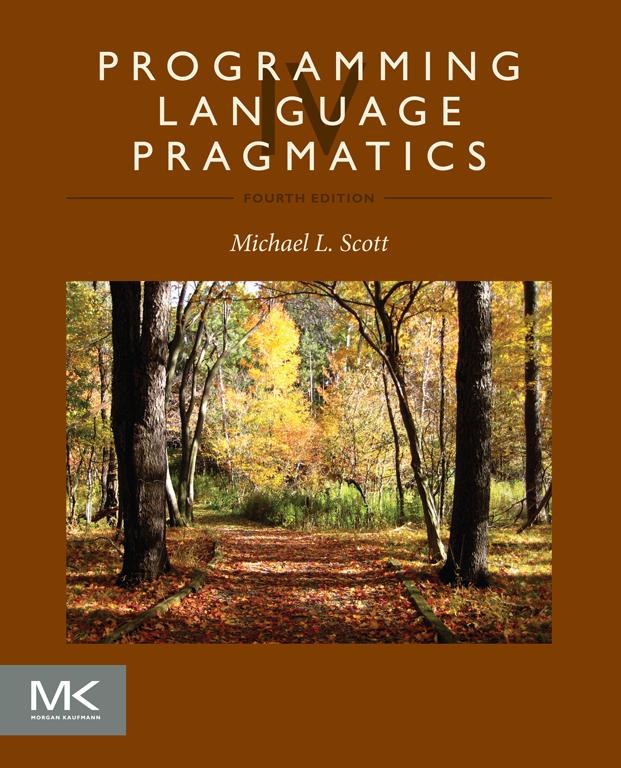Programming Language Pragmatics
Fourth Edition
Michael L. Scott
Department of Computer Science, University of Rochester Department of Computer Science University of Rochester

Copyright
Morgan Kaufmann is an imprint of Elsevier
225 Wyman Street,Waltham, MA 02451, USA
Copyright 2016, 2009, 2006, 1999 Elsevier Inc. All rights reserved.
Cover image: Copyright 2009, Shannon A. Scott.
Cumming Nature Center, Naples, NY.
No part of this publication may be reproduced or transmitted in any form or by any means, electronic or mechanical, including photocopying, recording, or any information storage and retrieval system, without permission in writing from the publisher. Details on how to seek permission, further information about the Publisher's permissions policies and our arrangements with organizations such as the Copyright Clearance Center and the Copyright Licensing Agency, can be found at our website: www.elsevier.com/permissions.
This book and the individual contributions contained in it are protected under copyright by the Publisher (other than as maybe noted herein).
Notices
Knowledge and best practice in this field are constantly changing. As new research and experience broaden our understanding, changes in research methods, professional practices, or medical treatment may become necessary.
Practitioners and researchers must always rely on their own experience and knowledge in evaluating and using any information, methods, compounds, or experiments described herein. In using such information or methods they should be mindful of their own safety and the safety of others, including parties for whom they have a professional responsibility.
To the fullest extent of the law, neither the Publisher nor the authors, contributors, or editors, assume any liability for any injury and/or damage to persons or property as a matter of products liability, negligence or otherwise, or from any use or operation of any methods, products, instructions, or ideas contained in the material herein.
British Library Cataloguing in Publication Data
A catalogue record for this book is available from the British Library
Library of Congress Cataloging-in-Publication Data
A catalog record for this book is available from the Library of Congress
For information on all MK publications visit our website at http://store.elsevier.com/
ISBN: 978-0-12-410409-9

About the Author
Michael L. Scott is a professor and past chair of the Department of Computer Science at the University of Rochester. He received his Ph.D. in computer sciences in 1985 from the University of WisconsinMadison. From 20142015 he was a Visiting Scientist at Google. His research interests lie at the intersection of programming languages, operating systems, and high-level computer architecture, with an emphasis on parallel and distributed computing. His MCS mutual exclusion lock, co-designed with John Mellor-Crummey, is used in a variety of commercial and academic systems. Several other algorithms, co-designed with Maged Michael, Bill Scherer, and Doug Lea, appear in the java.util.concurrent standard library. In 2006 he and Dr. Mellor-Crummey shared the ACM SIGACT/SIGOPS Edsger W. Dijkstra Prize in Distributed Computing.
Dr. Scott is a Fellow of the Association for Computing Machinery, a Fellow of the Institute of Electrical and Electronics Engineers, and a member of Usenix, the Union of Concerned Scientists, and the American Association of University Professors. The author of more than 150 refereed publications, he served as General Chair of the 2003 ACM Symposium on Operating Systems Principles (SOSP) and as Program Chair of the 2007 ACM SIGPLAN Workshop on Transactional Computing (TRANSACT), the 2008 ACM SIGPLAN Symposium on Principles and Practice of Parallel Programming (PPoPP), and the 2012 International Conference on Architectural Support for Programming Languages and Operating Systems (ASPLOS). In 2001 he received the University of Rochester's Robert and Pamela Goergen Award for Distinguished Achievement and Artistry in Undergraduate Teaching.
Dedication
To family and friends.
Foreword
Programming languages are universally accepted as one of the core subjects that every computer scientist must master. The reason is clear: these languages are the main notation we use for developing products and for communicating new ideas. They have influenced the field by enabling the development of those multimillion-line programs that shaped the information age. Their success is owed to the long-standing effort of the computer science community in the creation of new languages and in the development of strategies for their implementation. The large number of computer scientists mentioned in the footnotes and bibliographic notes in this book by Michael Scott is a clear manifestation of the magnitude of this effort as is the sheer number and diversity of topics it contains.
Over 75 programming languages are discussed. They represent the best and most influential contributions in language design across time, paradigms, and application domains. They are the outcome of decades of work that led initially to Fortran and Lisp in the 1950s, to numerous languages in the years that followed, and, in our times, to the popular dynamic languages used to program the Web. The 75 plus languages span numerous paradigms including imperative, functional, logic, static, dynamic, sequential, shared-memory parallel, distributed memory parallel, dataflow, high-level, and intermediate languages. They include languages for scientific computing, for symbolic manipulations, and for accessing databases. This rich diversity of languages is crucial for programmer productivity and is one of the great assets of the discipline of computing.
Cutting across languages, this book presents a detailed discussion of control flow, types, and abstraction mechanisms. These are the representations needed to develop programs that are well organized, modular, easy to understand, and easy to maintain. Knowledge of these core features and of their incarnation in today's languages is a basic foundation to be an effective programmer and to better understand computer science today.
Strategies to implement programming languages must be studied together with the design paradigms. A reason is that success of a language depends on the quality of its implementation. Also, the capabilities of these strategies sometimes constraint the design of languages. The implementation of a language starts with parsing and lexical scanning needed to compute the syntactic structure of programs. Today's parsing techniques, described in Part I, are among the most beautiful algorithms ever developed and are a great example of the use of mathematical objects to create practical instruments. They are worthwhile studying just as an intellectual achievement. They are of course of great practical value, and a good way to appreciate the greatness of these strategies is to go back to the first Fortran compiler and study the ad hoc, albeit highly ingenious, strategy used to implement precedence of operators by the pioneers that built that compiler.
The other usual component of implementation are the compiler components that carry out the translation from the high-level language representation to a lower level form suitable for execution by real or virtual machines. The translation can be done ahead of time, during execution (just in time), or both. The book discusses these approaches and implementation strategies including the elegant mechanisms of translation driven by parsing. To produce highly efficient code, translation routines apply strategies to avoid redundant computations, make efficient use of the memory hierarchy, and take advantage ofintra-processor parallelism. These, sometimes conflicting goals, are undertaken by the optimization components of compilers. Although this topic is typically outside the scope of a first course on compilers, the book gives the reader access to a good overview of program optimization in Part IV.







